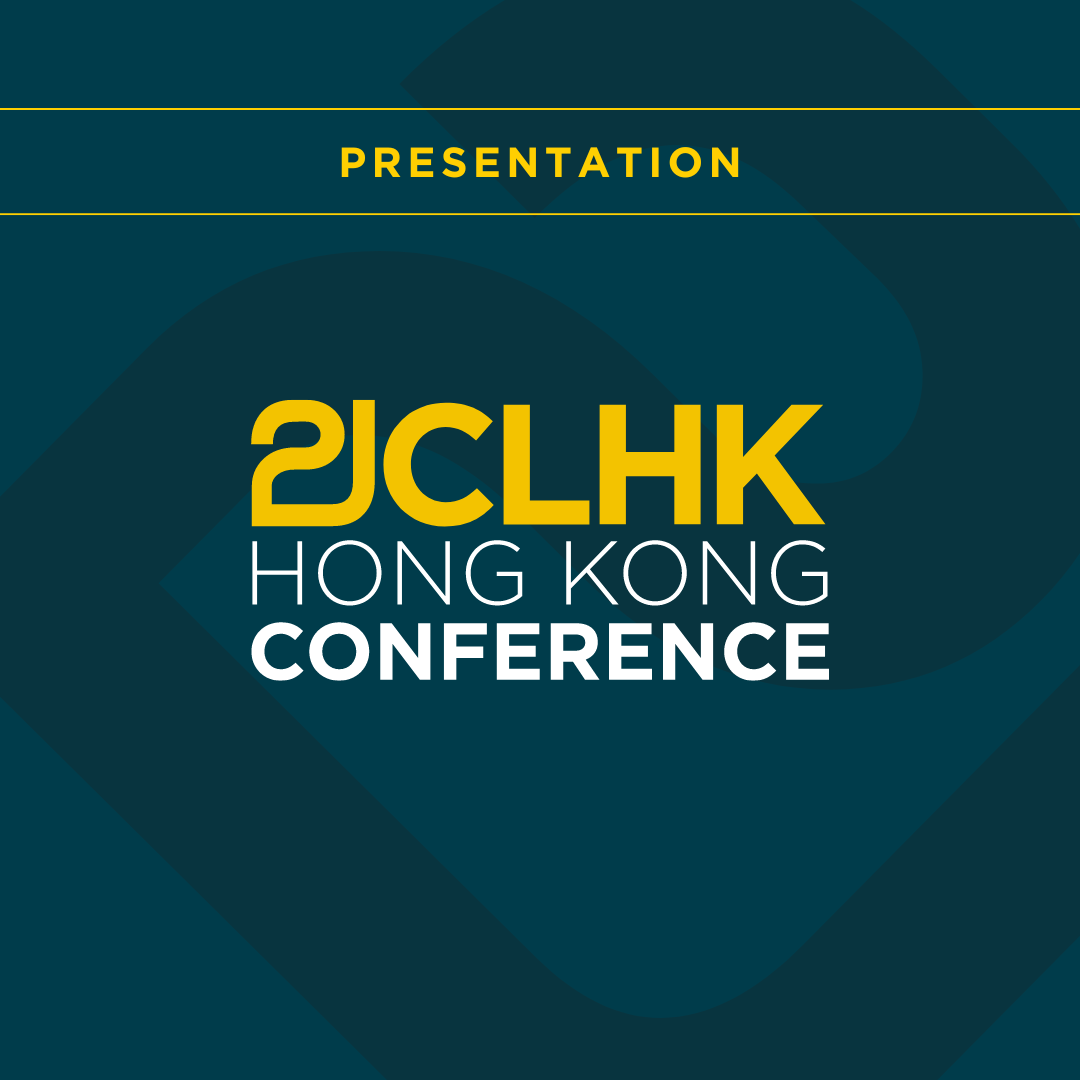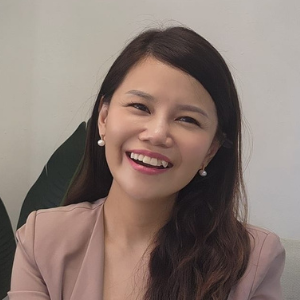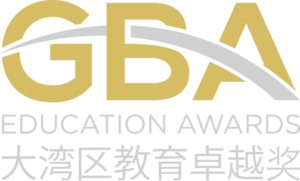Feedback is a powerful lever to enhance students’ self-monitoring capabilities and academic achievements (Hattie & Timperley, 2007), with deep engagement across cognitive, affective, and behavioural dimensions being crucial (Price et al., 2011) for laying the groundwork for future learning (Boud & Soler, 2016). Conventional feedback approaches, often teacher-centred, prioritise the one-way transmission of performance-related comments to students while overlooking the active role students can play in exercising their voice and agency in feedback processes, risking relegating them to passive recipients and superficial engagement with feedback (Winstone & Carless, 2021).
Aligned with Socio-Cultural Theories of Learning, a Student-Centered Feedback Pedagogy reframes feedback as a shared responsibility, emphasising students as proactive users and contributors in the feedback process and teachers as designers of feedback practices.
Adopting Tay and Lam’s (2021) 3P Feedback Pedagogy typology, this study employs the three cyclical stages of (1) Pre-feedback, (2) Process, and (3) Post-feedback to explore how student-centred feedback pedagogy can be orchestrated in a Singapore school through intentional task designs, pedagogical arrangements, and feedback events that prime and build students’ capacity for meaningful engagement in feedback processes. In the (1) Pre-feedback phase, students articulate their goals, expectations, and challenges, fostering clarity and ownership of learning objectives. During the (2) Process phase, students co-construct meaning from feedback through dialogue and reflection, enhancing their ability to internalise and act on the feedback. Finally, in the (3) Post-feedback phase, students demonstrate agency by implementing feedback strategies, self-monitoring progress, and seeking further clarification when needed.
Key technological applications, such as online discussion forums for real-time peer feedback and AI-enabled learning companions for personalised, ongoing feedback, are used throughout the three phases to enhance students’ engagement in feedback processes.
Preliminary findings highlight the potential of technology-enhanced feedback pedagogy in enabling students to take more active roles within feedback processes, with many demonstrating improved understanding and application of feedback, indicating a meaningful transfer of learning. Teachers observed that students exhibited a growing aptitude for self-regulated learning in line with 21st Century Competencies, including metacognitive and evaluative skills to compare their work against success criteria, identify areas for improvement, and make informed judgments about achieving task goals.
This presentation makes the case for Student-Centered Feedback Pedagogy, providing an explanation of classroom cases and key features of this approach, and concludes with caveats and implications for amplifying students’ voice and agency in the enactment of student-centred feedback pedagogy.
February 2025 - 21CLHK
Job Role Applicability:
- Curriculum Director / Coordinator
- Director of Professional Development
- Learning Specialist
- Primary Teacher
- Technology Coach
- 21st Century Skills
Presentation
- Upper Elementary [Age 8 - 10]
- Middle School [Age 11 - 13]
